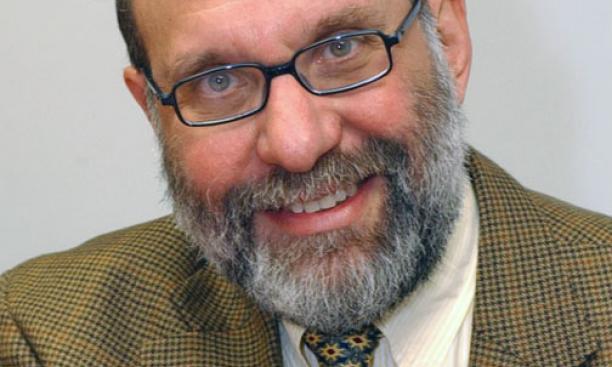

Near Eastern studies professor Mark Cohen seems like a perfect candidate for the University’s new faculty retirement incentives, announced in early March, which encourage faculty to retire between age 65 and 70. He is 67 years old and interested in teaching half-time for the next three years, in order to devote more time to an upcoming research project. The new plan would allow him to do that — and provide a cash bonus equal to a year and a half of salary.
But Cohen has one key reservation: As a former graduate program director for his department, he realizes that senior faculty play a significant role in drawing top students. Five of the 10 full-time faculty in Near Eastern studies are eligible for retirement, and several simultaneous departures, he said, “would be a serious blow to a department like this.”
Dean of the Faculty David Dobkin said he understands the concern — and he is glad that Princeton professors care about their colleagues. But, he added, the dean’s office will work with departments to ease the transition. With most retiring faculty continuing to teach for up to three years after they announce their intentions, departments should have sufficient time to plan ahead.
Unlike last year’s retirement incentives for staff, the faculty program is not a budget-savings initiative, Dobkin said. Rather, it is designed to boost Princeton’s hiring of junior faculty. Since 1994, when federal law eliminated a mandatory retirement age for college professors, the Princeton faculty has grown by 90 members, but in the same period, the number of junior faculty has dropped by 10.
The decline of junior appointments is a national problem, Dobkin said. “[Increasing opportunities] is really necessary for the health of the academy, not just at Princeton, because if this doesn’t happen, [recent] Ph.D.s aren’t going to get jobs,” he said, and that would have negative effects on the profession and on graduate schools.
Each position vacated by a retiring professor will be filled, Dobkin said, and he expects nearly all to be filled with junior faculty; senior hires would be “very much the exception.”
About 120 current professors — more than 15 percent of faculty members — are eligible for the initial incentives, which are in effect until Aug. 31 and open to all professors who turn 65 before that date. After Aug. 31, only faculty between ages 65 and 70 will be able to sign up for the retirement incentives.
Based on the experiences of peer institutions, Dobkin estimates that about 30 professors could sign on this year. In the first two weeks of the plan, two professors signed retirement agreements, three others requested the forms, and more than a half-dozen made appointments with the dean’s office, he said.
